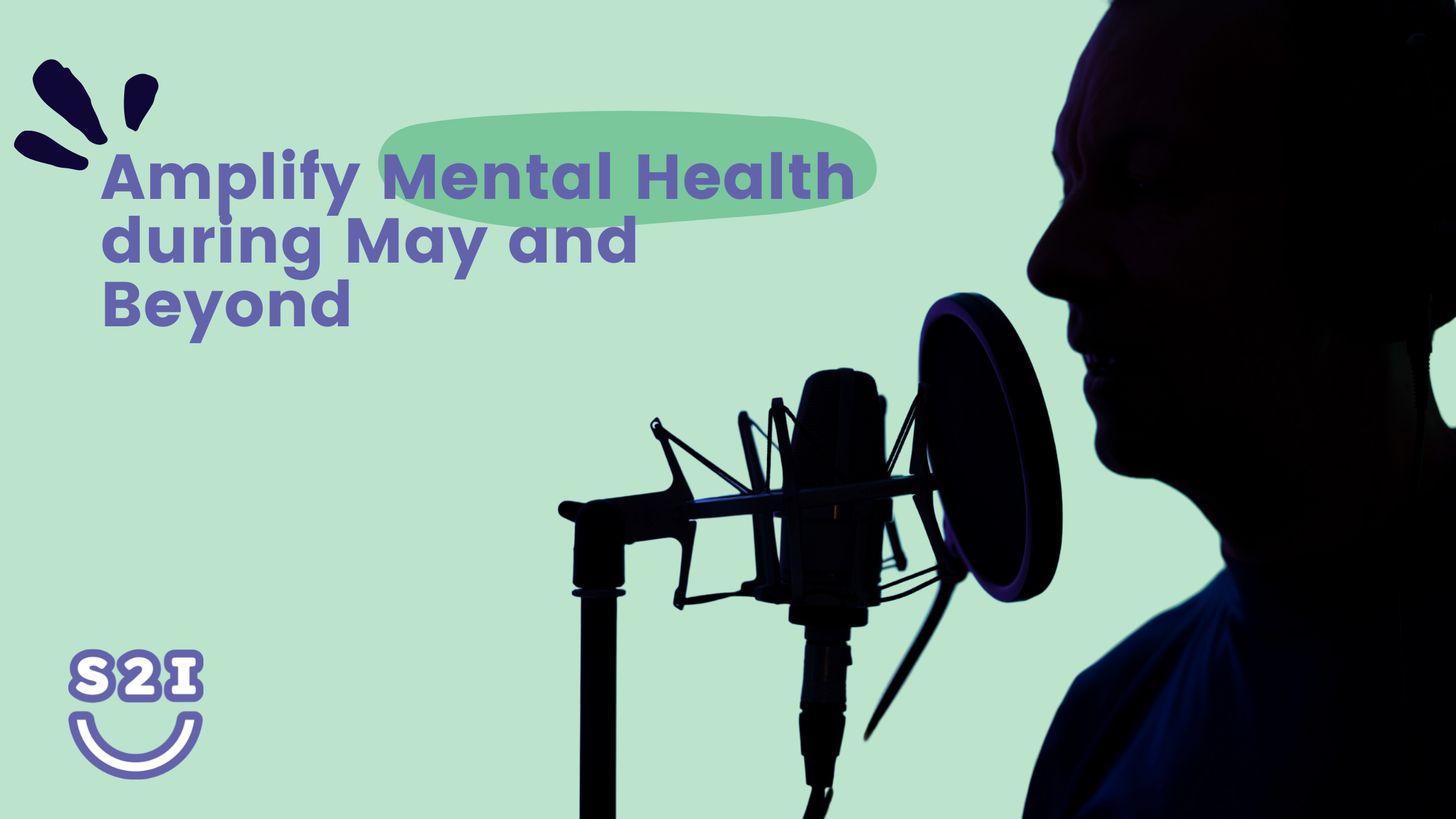This post was written by Zane Landin, Intern, Speaks 2 Inspire:
Since 1949, the month of May has been nationally declared ‘Mental Health Awareness Month’. It was founded by Mental Health America (formerly known as the National Association for Mental Health). The organization was founded in 1909 by Clifford W. Beers. During his stays in public and private institutions, he experienced life-changing abuse and witnessed horrifying conditions. After these encounters, he set forth a movement for mental health awareness, acceptance, inclusion, and celebration.
Throughout history, we see how people with mental health conditions are being ostracized, oppressed, and institutionalized. Mental Health America declared May as Mental Health Awareness Month to raise awareness, educate the public, and eradicate the stigma of mental health conditions like depression, schizophrenia, and bipolar disorder.
Recognizing mental health during May is an essential step towards progress, and building a world where mental health conversations are normalized. For many, experiencing mental health conditions is a lifelong journey, so we cannot only discuss it during May. If we don’t make an effort to constantly talk about mental health, we won’t see a cultural shift (see Beyond the Job Description). We all play a role in ending the stigma of mental health. It begins with having a conversation, opening up the space for others, and publicly showing your emotions.
If you are questioning whether or not mental health affects you, mental health does play a role in everyone’s life. We may not all have mental health conditions, but we do all have mental health. The Centers for Disease Control and Prevention (CDC) defines mental health as: “a state of well-being in which a person realizes his or her own abilities, can cope with the normal stresses of life, can work productively and fruitfully, and can make a contribution to his or her community.”
The COVID-19 pandemic has pushed every industry to its limit (see Beyond the Job Description). A large number of people were seeing their mental health decline. This was the very first time for many. As a result, the pandemic opened up a new wave of empathy and understanding for mental health, unlike anything we have seen before.
The National Alliance on Mental Health (NAMI) states that “one in four Americans experience a mental health condition every year.” Based on Mental Health America’s findings, “half of Americans will meet the criteria for a mental health condition in their lifetime, with most symptoms starting by age 24.”
Inaccessibility, unacceptance, and stigma leave many people feeling alone. Many don’t know where to turn for help, and they suffer silently. We all need to support the mental health of others but also ourselves. It is not selfish to engage in self-love and self-care practices.
Mental health care and treatment are becoming more normalized. However, an emerging issue is a sole focus on traditional medicine. Medication is incredibly important, but we need to approach mental health from a holistic view. A holistic view will consider mental health and societal factors, not only symptoms of conditions. This approach should be implemented systematically. We need to take care of our physical, mental, spiritual, and even cultural health. Our body, mind, and spirit must work in harmony to produce a healthy synergy. This will ultimately better ourselves for tomorrow and the coming generations.
Each component of our health influences and shapes one another, so we need to encourage customized treatment for each individual. While therapy and medication positively benefit many people living with mental health conditions, they are not the only methods of treatment. One size does not fit all. For some, it is equally important to engage in social activities, journaling, reflection and meditation, and exercise. It is about learning what you need in your mental health toolbox and providing that for yourself.
How you can Amplify Mental Health this month:
- Wear a green ribbon. The green ribbon is the international symbol of mental health. Green represents pride, strength, acceptance, transformation, and change. Show others you care by proudly wearing a green ribbon.
- Reflect on what you can do for your own mental health. Add new tools to your mental health toolbox and engage in self-care practices.
- Reach out and support others. Our culture changes when we actively encourage and engage in dialogue around mental health conditions. Send a text, or make a phone call to a friend, colleague, or family member.
- Create safe spaces for others to share their story, especially students. It all begins with sharing your story. As we share our stories, others are inspired to do the same. This creates a beautiful ripple effect and a caring environment for all to thrive and succeed, especially students. “There is more to college than academics” Abraham Sculley, CEO, and founder of Speaks 2 Inspire.
We can live in a society where people are not judged because of mental health conditions. However, we need to act responsibly and urgently to address this growing community.
Connect with the writer, Zane, on LinkedIn.
Contact us to learn more about our programs.
Join our newsletter for more content, event notifications, and updates.
Was this post valuable? Share it on your social media platform!




